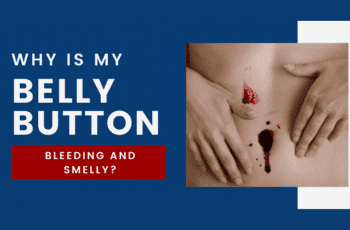If you’re considering getting Botox injections, you’re probably wondering about the side effects. One of the most common side effects is bruising. While bruising is usually not severe and will go away on its own within a week or two, it can be unsightly and embarrassing. Fortunately, there are a few things you can do to minimize your risk of bruising.
What Causes Botox Bruising?
There are several factors that can contribute to bruising after Botox injections, including:
- The skill of the injector: If the injector is not experienced or skilled, they may damage blood vessels during the injection process, which can lead to bruising.
- The type of needle used: A smaller needle is less likely to damage blood vessels than a larger one. So, if you’re concerned about bruising, be sure to ask your injector what type of needle they will be using.
- The injection site: The thinner the skin, the greater the risk of bruising. That’s why areas like the forehead and around the eyes, where the skin is thinner, are more likely to result in bruises than areas like the cheeks or jawline.
- The number of injections: The more injections you receive, the greater your risk of bruising. So, if you’re looking to avoid bruises, you may want to consider getting fewer injections in each session.
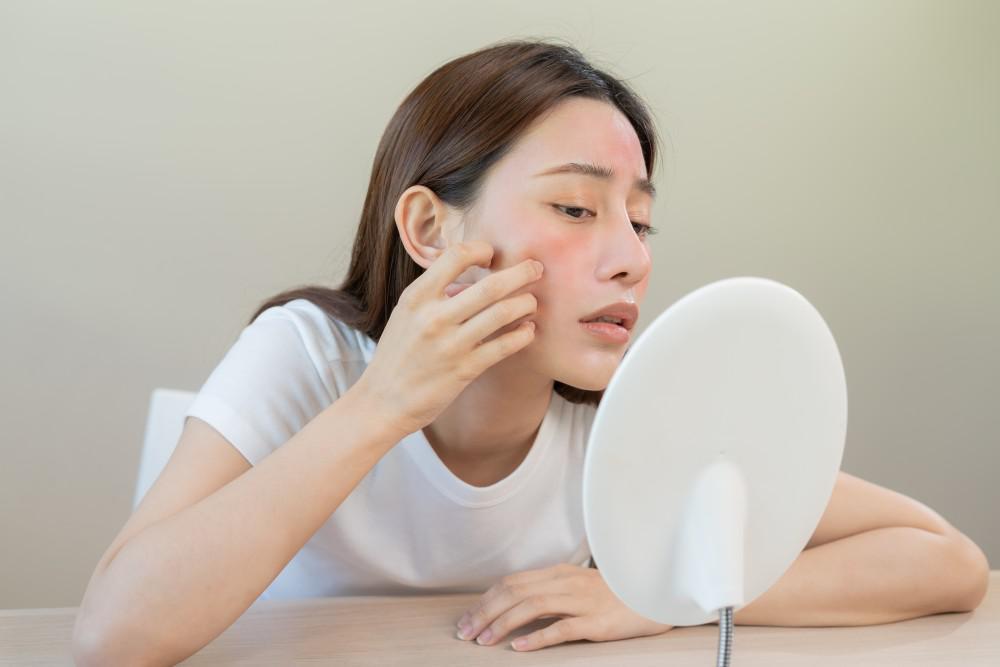
How Can I Avoid Bruising After Botox Injections?
Many people are hesitant to try Botox because they don’t want to deal with the potential side effects, like bruising. Luckily, there are a few things you can do to minimize your risk of bruising. In this blog post, we’ll share some tips on how to avoid bruising after Botox injections.
1. Choose an experienced injector: One of the most important things you can do to avoid bruising is to choose an experienced injector. A board-certified dermatologist or plastic surgeon who has experience administering Botox injections is your best bet. These professionals know exactly where to place the needles and how much Botox to use, which minimizes the risk of bruising.
2. Avoid blood thinners before injections: Another way to avoid bruising is to avoid blood thinners before injections. Blood thinners include medications like aspirin and ibuprofen. If you must take these medications, be sure to stop at least one week before your scheduled injection date. You should also avoid alcohol for at least 24 hours before your injection.
3. Use ice: Applying ice to the injection site immediately after treatment can help reduce swelling and bruising. Be sure to wrap the ice in a towel so that it doesn’t come into direct contact with your skin. Apply the ice for 15-20 minutes at a time, several times a day for the first day or two after treatment.
4. Avoid alcohol for 24 hours after your procedure. Drinking alcohol can increase the risk of bruising and swelling.
5. Avoid strenuous activity for 24 hours after your procedure. Strenuous activity can increase the risk of bruising and swelling.
6. Eat a healthy diet rich in vitamins C and K before your procedure. Vitamins C and K help support healthy blood clotting and reduce bruising.
7. Try massage therapy. Massage therapy helps improve circulation and reduces inflammation throughout the body, both of which can help prevent bruises from forming.
8. Protect Your Skin with Sunscreen. Sunscreen helps protect your skin from UV damage, which can make it more susceptible to bruising.
9. Limit Your Time in The Sun. Spending too much time in the sun can make your skin more susceptible to bruising.
10. Take Care When Shaving. Shaving too close to the skin can damage blood vessels and lead to bruising.
11. Limit Your Salt Intake. Salt increases fluid retention, which can lead to bruising.
12. Drink Plenty of Water. Water hydrates your skin and helps keep it supple, which may help prevent bruises from forming.
13. Eat plenty of Vitamin C-rich foods. Vitamin C is important for wound healing, so eat plenty of citrus fruits, leafy greens, and tomatoes (or take a supplement) to help your body recover from the needles used during your treatment.
14. Avoid hot showers and baths. Hot water will increase blood flow to the area and can make bruising and swelling worse, so stick to lukewarm water for the first few days post-treatment. You should also avoid saunas, sunbathing, and strenuous exercise during this time, as they can all contribute to increased bruising and swelling.
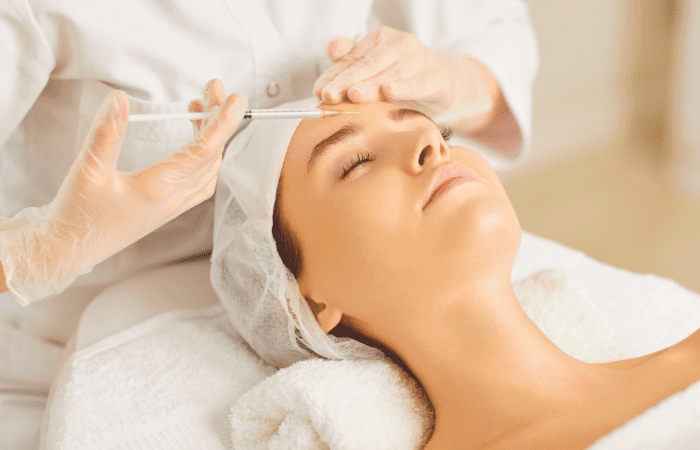
How to Treat Bruising After Botox
While bruising is one of the more common side effects of Botox, it does not usually cause concern. In most cases, the bruises will go away on their own within a week or two. However, there are some things you can do to speed up the healing process.
Apply Ice
One of the best things you can do for a bruise is to apply ice. Ice helps reduce swelling and inflammation. It also numbs the area, which can help with pain relief. To use ice, wrap it in a cloth and apply it to the bruised area for 15-20 minutes at a time. Repeat this several times a day until the swelling goes down.

Take Arnica Supplements
Arnica is a homeopathic remedy that’s often used to treat bruises. It’s thought to help reduce inflammation and speed up healing. You can find Arnica supplements at most health food stores or online. Be sure to follow the directions on the package for proper dosage.
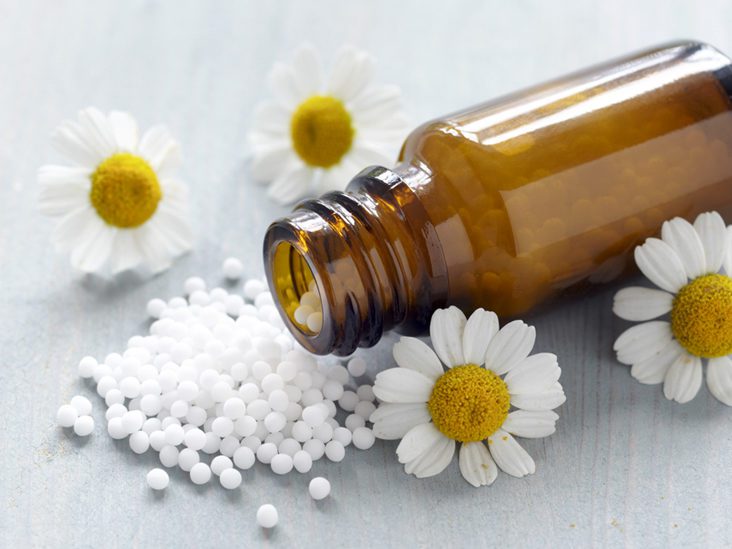
Keep The Area Clean and Dry
Keeping the injection site clean will help prevent infection. Gently wash the area with soap and water twice a day. Pat dry with a clean towel or let air dry. Avoid using makeup, lotions, or other products on the injection site until it has healed completely.
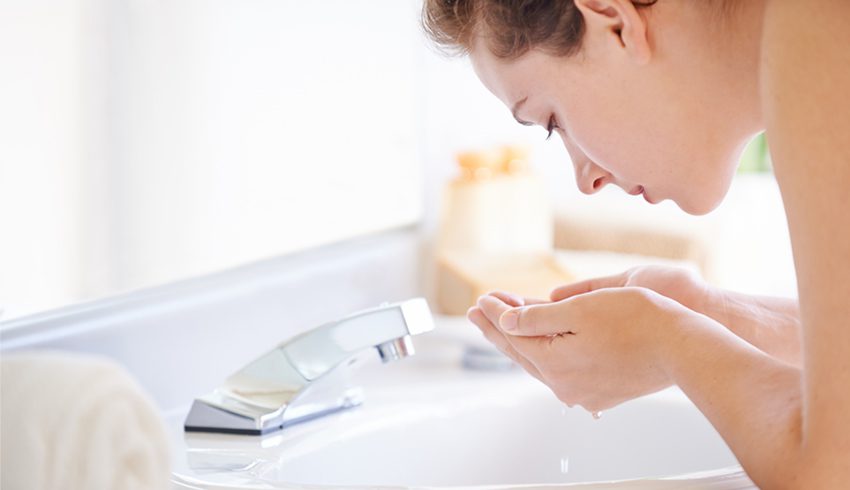
How to Care for Your Skin After Botox
1. Don’t touch your face for at least four hours. This includes rubbing or massaging the treated area. That way, the botox can settle into your muscles and start working correctly.
2. Sleep on your back. Sleeping on your stomach or side can cause the botox to spread to other areas, so it’s best to sleep on your back for at least the first night after treatment.
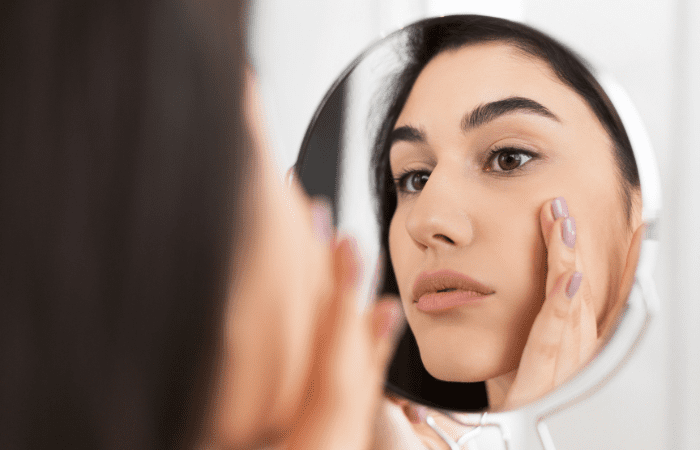
3. Keep your head elevated. Keeping your head elevated will help reduce swelling and bruising. Try using pillows to prop yourself up when you’re sitting or lying down. Gravity causes {eddema}and this will help prevent that from happening as much as possible
4. Stay hydrated. It’s important to keep your skin hydrated both before and after botox treatment. Drinking plenty of water will help to minimize any side effects and help your skin to heal faster. Be sure to drink eight glasses of water per day, and try to avoid alcohol for at least 24 hours after your procedure.
5. Follow up with your doctor. If you have any questions or concerns, be sure to follow up with your doctor.
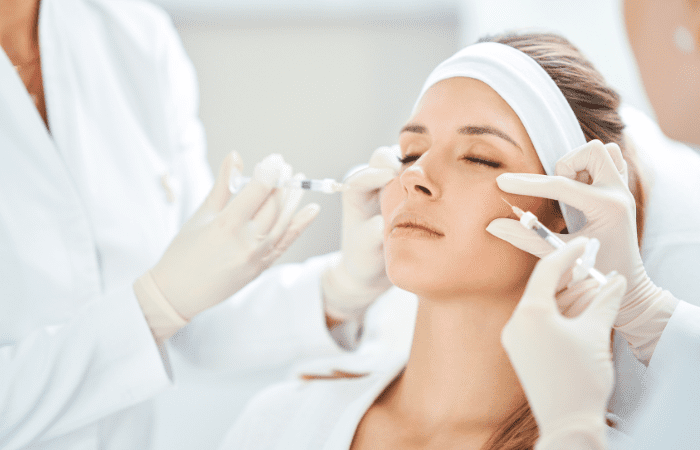
Final Thoughts
Overall, bruising is a common side effect of Botox that usually goes away on its own within a week or two. However, there are some things you can do to speed up the healing process, such as applying ice, taking Arnica supplements, and keeping the area clean and dry. Be sure to follow all aftercare instructions from your doctor to help ensure a successful treatment.
Frequently Asked Questions:
Is it common to bruise after Botox?
Bruising is a potential side effect of any injection administered under the skin. However, bruising is not always present after Botox treatment; in fact, the majority of patients do not show any signs of bruising.
What percentage of people bruise after Botox?
The most common side effects are reactions at the injection site, mostly bruising. One study on injectable fillers found that 19–24% of patients got bruises. Other studies put that number as high as 68%.
Should you move your face after Botox?
It is strongly advised that you move your face around a lot after having Botox. This includes things like smiling, frowning, and lifting your brows. It's comparable to facial exercises but without physical contact. Facial movement may appear — and feel — ridiculous, but it really helps the Botox operate more effectively.
How long does it take for Botox to set in?
To administer Botox, a very thin needle is used to inject the drug directly into targeted muscles, yet the procedure causes only temporary discomfort at most. It takes three to seven days for the full effect to kick in, and you shouldn't drink alcohol for at least a week leading up to the treatment.


